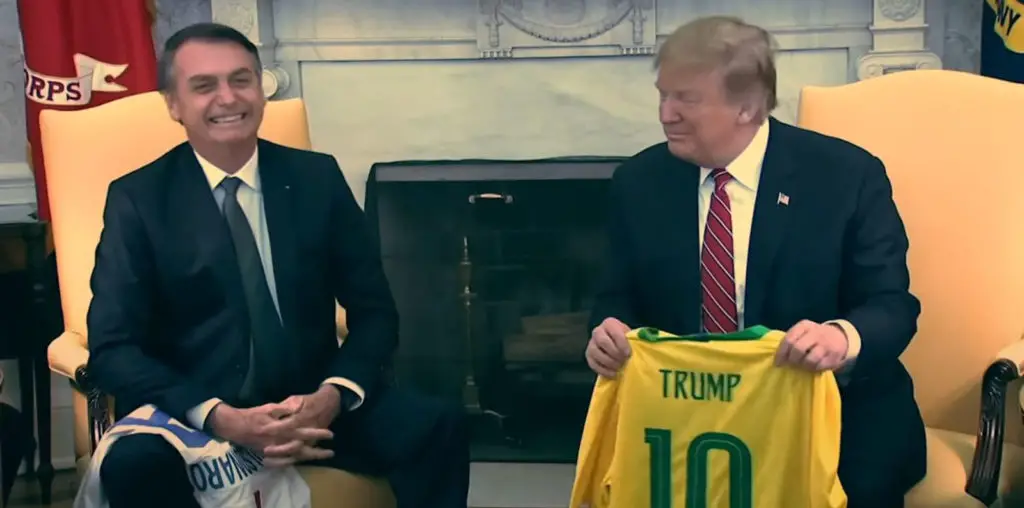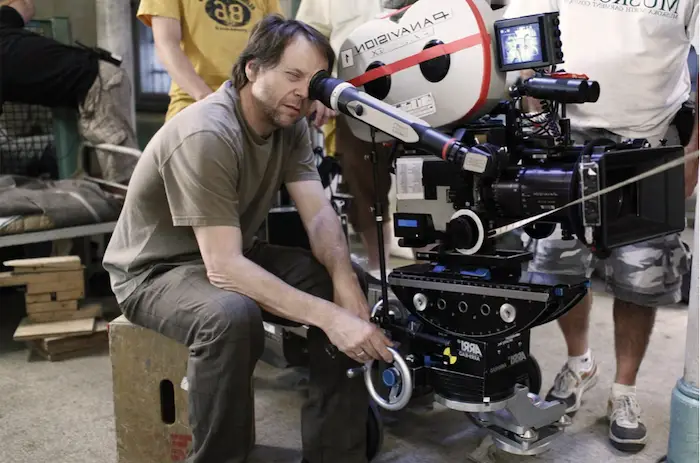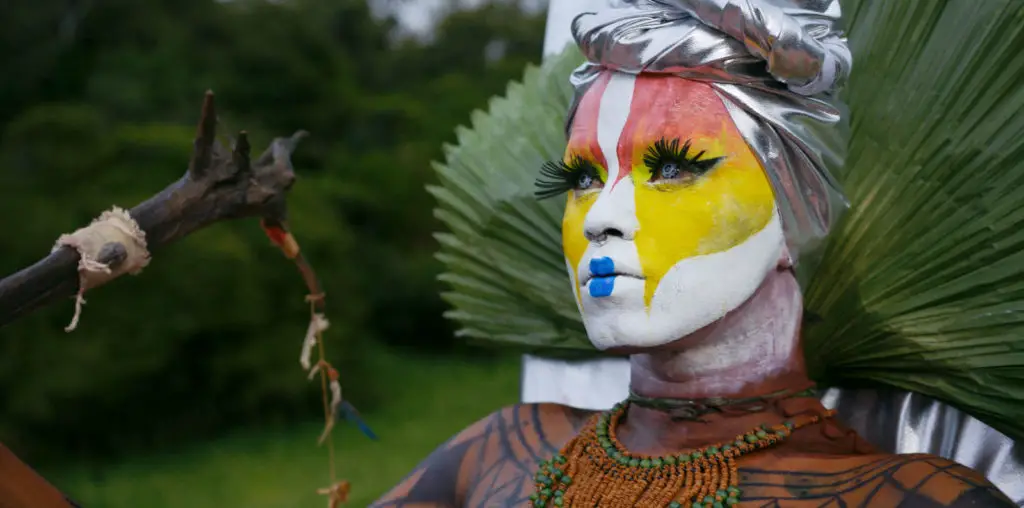
Offering an exciting perspective on women and their body ownership, Brazilian director Lillah Halla’s dramatic film Power Alley sheds light on the universal issue of abortion rights in Brazil, which is quite conservative when it comes to reproductive rights. Sofia (Ayomi Domenica Dias) is a 17-year-old talented team leader for her volleyball team, the C. Leste. Her athletic prowess has given her an athletic scholarship supported by her coach, Sol (Grace Passô), and her father, João (Rômulo Braga), a single dad to Sofia and a beekeeper who sells honey to make a living.
A team of LGBTQ inclusion, C. Leste is a close-knit group of girls who work together to achieve wins, steal, or aid. When Sofia discovers she is pregnant and her scholarship is on the line to play at a top level, she seeks an abortion and quickly learns how her rights are limited—a political, legal, and social problem. On her quest, Sofia learns how seeking an abortion is lawbreaking and church supported, where if in defiance to having children, it can lead to malicious and ostracizing social situations. With the help of her father, João, they drive to Uruguay, where abortions are legal, but her lack of documents to prove her birthright in Uruguay denies her an abortion by pill.
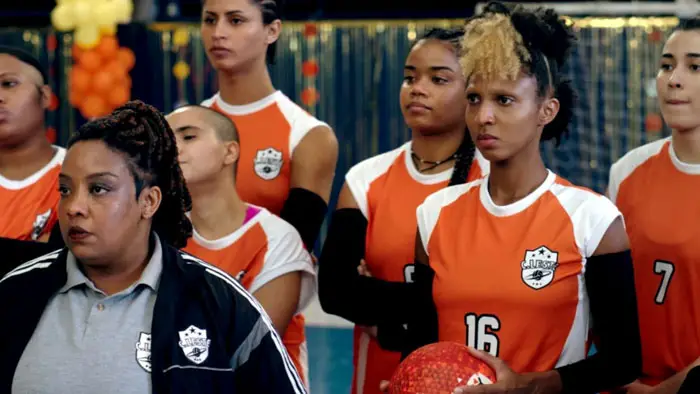
“Sofia discovers she is pregnant and her scholarship is on the line… she quickly learns how her rights are limited.”
Unable to change her situation and do almost anything to abort the baby, Sofia’s life as a volleyball player is nearly over, and her situation becomes known to all. However, C. Leste’s team refuses to give up on her, especially her close friend Bel (Loro Bardot), who becomes her lover. Girl power is strong against the fundamentalists and others who try to sabotage Sofia’s home and life. Yet, her LGBTQ community and team are relentless survivors, as they all understand the difficulties of equality and reproductive rights. Sofia is tough and does not like to lose, which ultimately is the culmination of Power Alley.
Well-edited and directed, with an excellent soundtrack that echoes sport and team grit and moves the film along, Power Alley provides an underlying insight into Brazilian life. The free spirit and dramatic team strength of C. Leste and the idea of living a bit above the poverty line with the concept of hope are woven throughout the movie. However, the charisma, boldness, and character that define Brazilians seemingly do not parallel the reality of Brazil, a country ruled by conservatism and struggling with poverty and opportunity.
Power Alley utilizes several interesting metaphors, including clipping a queen bee’s wings at the hive. It also uses a great deal of color and pattern to create interesting visuals that add to the layers of complexity at play. However, what defines Brazil as an energetic, colorful, and dramatic culture is ultimately what is missing, which Halla captures in conclusion—an unbroken spirit.
Power Alley is upfront and exposed for its premise and storytelling. Although it has moments of digression, its point is solid through the acting skills of Ayomi Domenica Dias, whose character Sofia is defiant and a protagonist worth knowing.
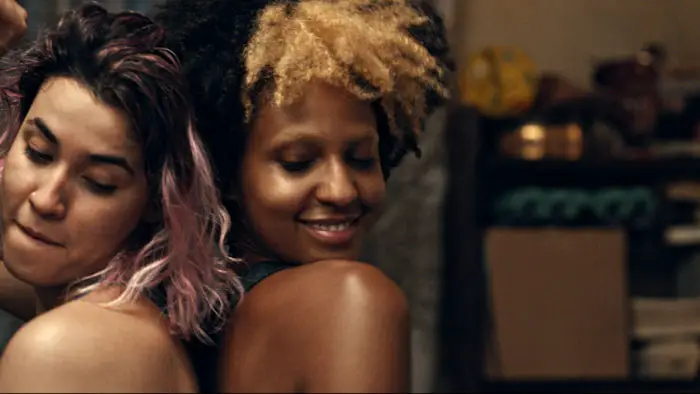
"…Power Alley provides an underlying insight into Brazilian life."
